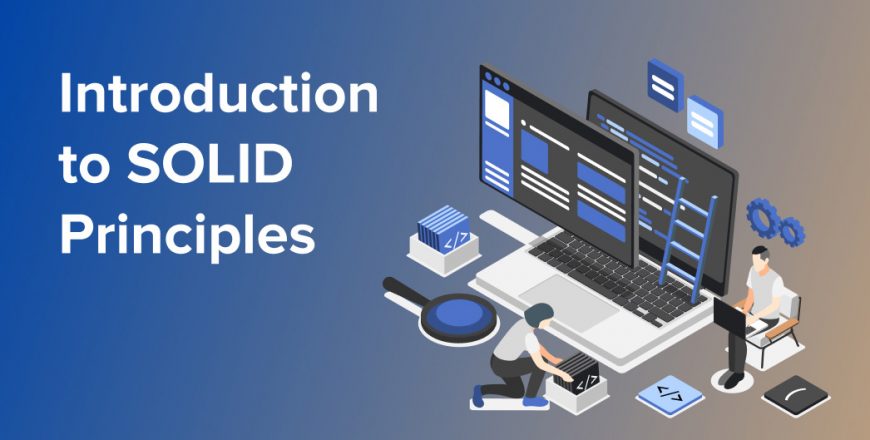Introduction to SOLID Principles

Course Description
Welcome to “Introduction to SOLID Principles”
Tired of the spaghetti code? This course is your secret weapon to writing software that’s:
- Strong: Built on the SOLID foundation, your code will be easy to manage and rock-solid.
- Open: New features? Easy! SOLID keeps your code flexible and adaptable.
- Legendary: Become a coding expert with clean, maintainable code that scales like a boss.
This course is designed to help you understand the essential principles of object-oriented design in software development that is SOLID. SOLID is an acronym that stands for five key principles: Single Responsibility Principle, Open/Closed Principle, Liskov Substitution Principle, Interface Segregation Principle, and Dependency Inversion Principle. These principles guide you in writing clean, efficient, and maintainable code. By learning and applying SOLID principles, you’ll be able to create software that is easier to manage, extend, and scale over time.
Throughout this course, we will break down each of these principles in a simple and straightforward way. You’ll learn why these principles are important, how they can improve your code, and how to implement them in your own projects. This course is packed with practical examples and exercises that will help you see the real-world applications of SOLID principles.
Learning Outcomes
- Understand SOLID Principles: Gain a clear understanding of the five SOLID principles and their importance in software design.
- Write Maintainable Code: Learn how to write clean, maintainable, and scalable code by applying these principles.
- Identify and Fix Design Problems: Develop the ability to identify and fix common design problems in your code.
- Efficiently Manage and Extend Systems: Improve your skills in managing and extending software systems efficiently.
- Hands-On Practice and Real-World Application: Build confidence in writing high-quality code through hands-on practice and examples.
What’s in this course?
- Introduction to SOLID Principles
- Single Responsibility
- Open Closed
- Dependency Inversion
- Liskov Substitution
- Interface Segregation
Are there any course requirements or prerequisites?
- This course is suitable for anyone with a basic understanding of object-oriented programming (OOP)
- Familiarity with any programming language that supports OOP



